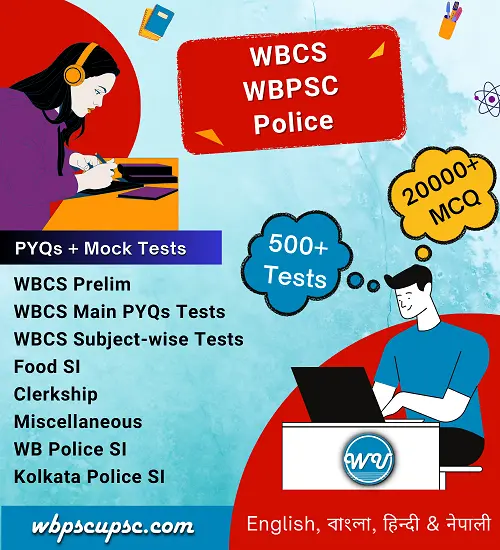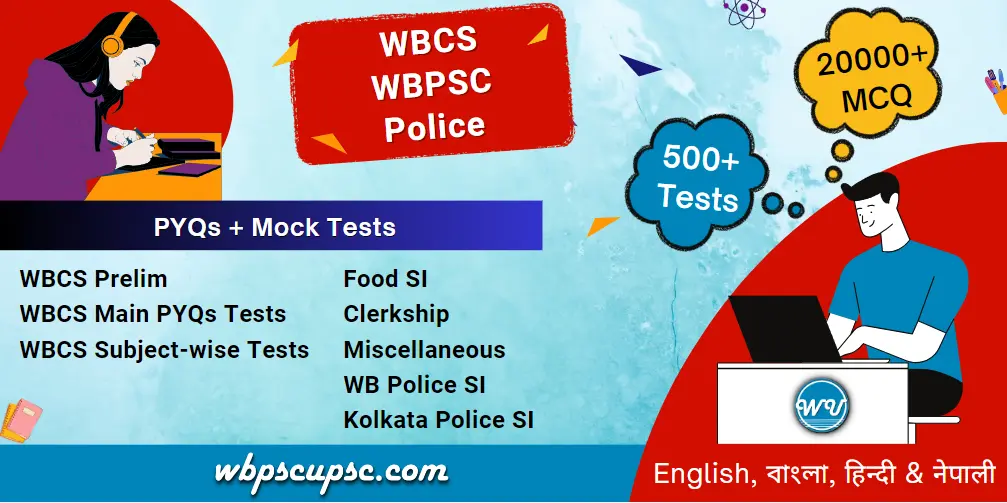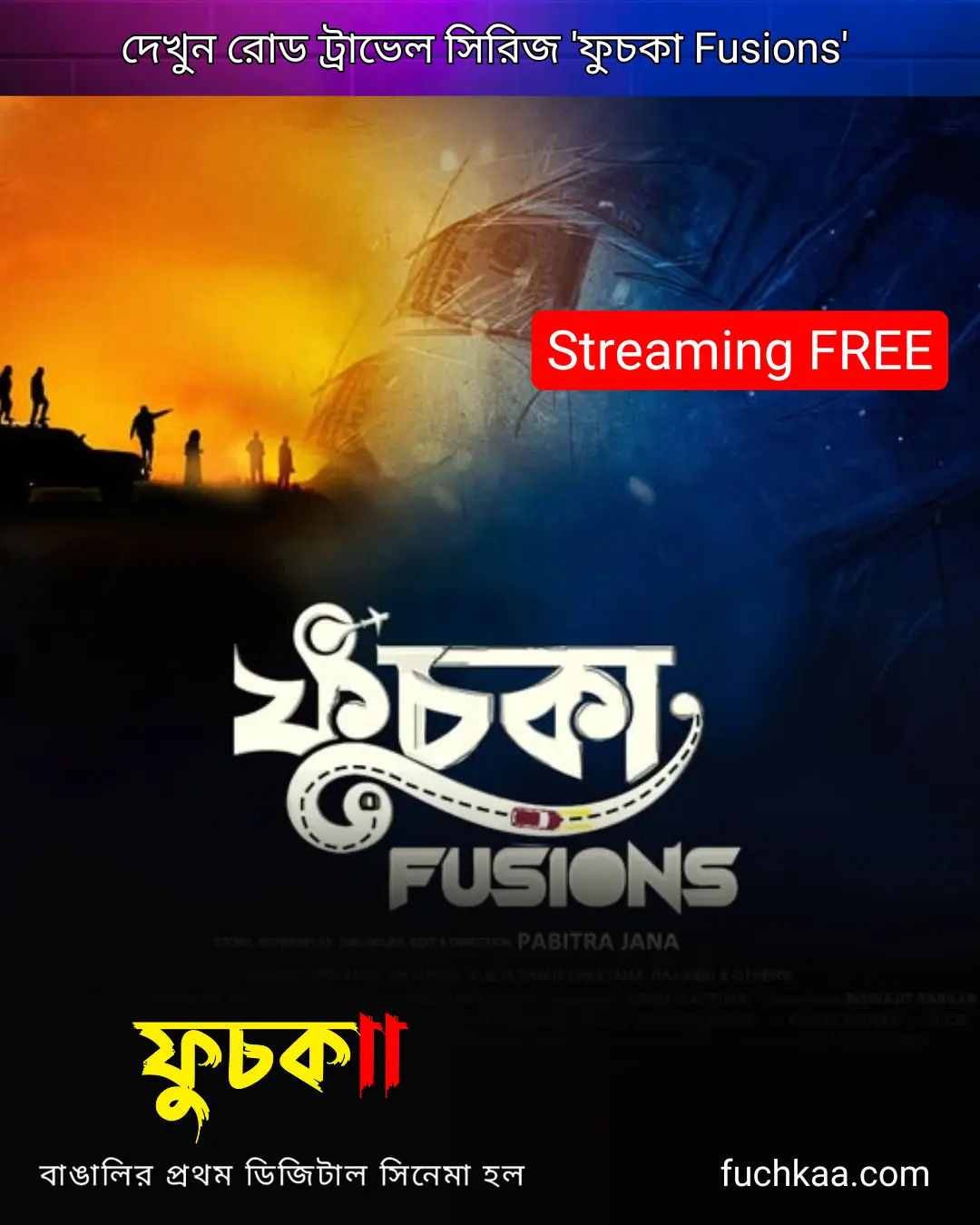Contents
article 370 section 35a jammu and kashmir of indian constitution
- Under Article 1 of the Indian Constitution, the State of Jammu and Kashmir (J&K) is a constituent state of Indian Union and its territory forms a part of the territory of India.
- Article 370 in Part XXI of the Constitution grants a special status to it.
- Accordingly, all the provisions of the Constitution of India do not apply to it.
- It is also the only state in the Indian Union which has its own separate state Constitution
- Under the same Part (XXI) of the Constitution, 12 other states also enjoy special status but only in certain minor matters
- Article 35A in Part III empower Constituent Assembly of J&K to define Permanent Resident.
>>>>>>>
Accession of J&K to India
- State of Jammu and Kashmir became independent on 15 August 1947
- Its ruler, Maharaja Hari Singh, decided not to join India or Pakistan
- On 20 October 1947, the Azad Kashmir Forces supported by the Pakistan army attacked the state.
- The ruler of the state decided to accede the state to India.
- The ‘Instrument of Accession of Jammu and Kashmir to India’ was signed by Jawaharlal Nehru and Maharaja Hari Singh on 26 Oct 1947
- Govt. of India made a commitment that, the people of J&K through their own Constituent Assembly would determine the internal Constitution of this state
- They will also decide the extent of the jurisdiction of the Union of India over the state
- Until the decision of the Constituent Assembly of the State, the Constitution of India could only provide an interim arrangement regarding the state
- As per the commitment, Article 370 was incorporated in the Constitution of India.
- It clearly states that the provisions with respect to the State of J&K are only temporary and not permanent.
- It became operative on 17 November 1952
- J&K was specified in the category of Part B states in the original Constitution
- The power of Parliament to make laws for the state is limited to those matters which specified in the state’s Instrument of Accession
- Instrument of Accession contained matters classified under 4 heads
- External affairs
- Defence
- Communications
- Ancillary matters
- The provisions of Article 1 and Article 370 are applicable to the State of J&K
- Other provisions of the Constitution can be applied to the state with such exceptions and modifications as specified by the President in consultation with the state government
- President can declare that Article 370 ceases to be operative or operates with exceptions and modifications.
- This can be done by the President only on the recommendation of Constituent Assembly of the state.
- Article 370 makes Article 1 and Article 370 itself applicable to the State of J&K
>>>>>>
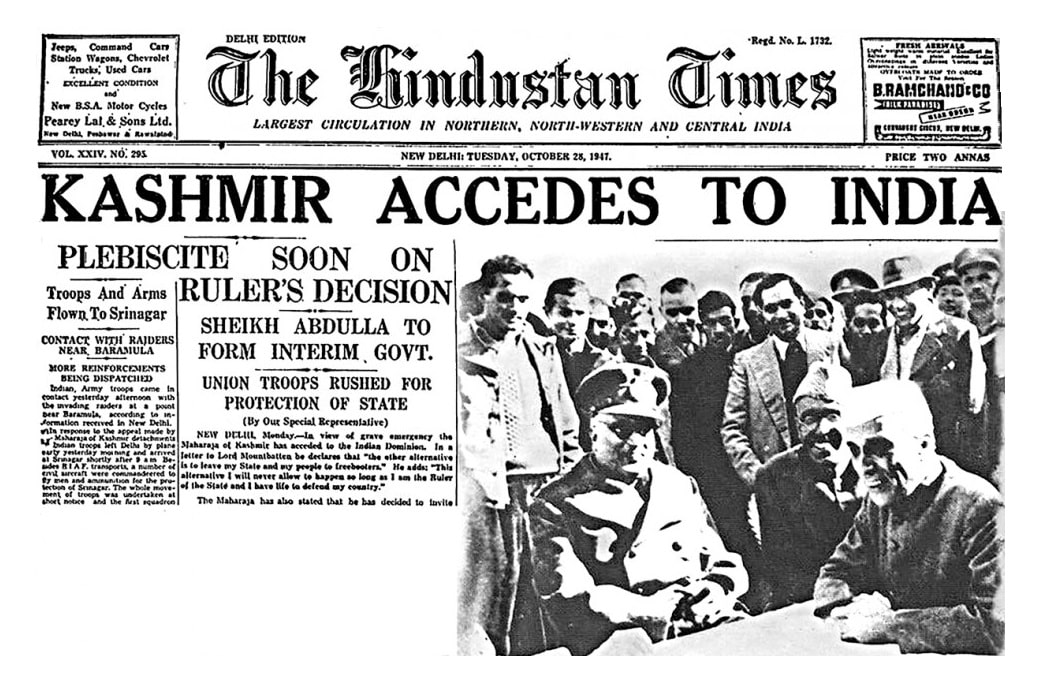
article 370 section 35a jammu and kashmir of indian constitution
Relationship between J&K and India
- As per Article 370 (1) (d) President issued the Constitution (Application to Jammu and Kashmir) Order, 1950, to specify the Union’s jurisdiction over the state
- In 1952, the Govt. of India and the State of J&K entered into an agreement at Delhi
- In 1954, the Constituent Assembly of J&K approved the state’s accession to India as per the Delhi Agreement.
- President issued another order with the same title Constitution (Application to Jammu and Kashmir) Order, 1954.
- This order incorporated Article 35A in Indian Constitution
- It superseded the earlier order of 1950
- This is the basic order that, as amended and modified from time to time, regulates the constitutional position of the state and its relationship with the Union.
>>>>>>
article 370 section 35a jammu and kashmir of indian constitution
Present Relationship (before 5th Aug- 2019)
- Jammu and Kashmir is a constituent state of the Indian Union
- Its placed in Part I and Schedule I of Constitution of India
- Its name, area or boundary cannot be changed by the Union without the consent of its legislature.
- The State of J&K has its own Constitution
- It is administered according to that Constitution.
- Part VI of the Constitution of India (dealing with state governments) is not applicable to J&K
- Definition of ‘state’ under this part does not include the State of J&K
- Parliament can make laws on most of the subjects of Union List and on a good number of subjects of Concurrent List
- Residuary power belongs to the state legislature except
- Prevention of activities involving terrorist acts
- Questioning or disrupting the sovereignty
- Territorial integrity of India
- Causing insult to the National Flag, National Anthem and the Constitution of India.
- Power to make laws of preventive detention in the state belongs to the state legislature.
- Fundamental Rights is applicable to the state with some exceptions and conditions.
- Fundamental Right to Property is still guaranteed in the state
- Certain special rights are granted to the permanent residents of the state
- Public employment
- Acquisition of immovable property
- Government scholarships
- Directive Principles of State Policy and Fundamental Duties are not applicable to the state
- A National Emergency declared on the ground of internal disturbance will not have effect in the state except with the concurrence of the state government.
- President has no power to declare a financial emergency in the state.
- President has no power to suspend the Constitution of the state on the ground of failure to comply with the directions given by him
- 2 types of Emergencies can be declared in the state
- President’s Rule under the Indian Constitution
- Governor’s Rule under the state Constitution
- An amendment made to the Constitution of India does not apply to the state unless it is extended by a presidential order.
- The special leave jurisdiction are applicable to the state
- Supreme Court jurisdictions
- Election Commission
- Comptroller and auditor general
- High Court of J&K can issue writs only for the enforcement of the fundamental rights and not for any other purpose
- The provisions regarding the denial of citizenship rights of migrants to Pakistan are not applicable to the permanent residents of J&K
>>>>
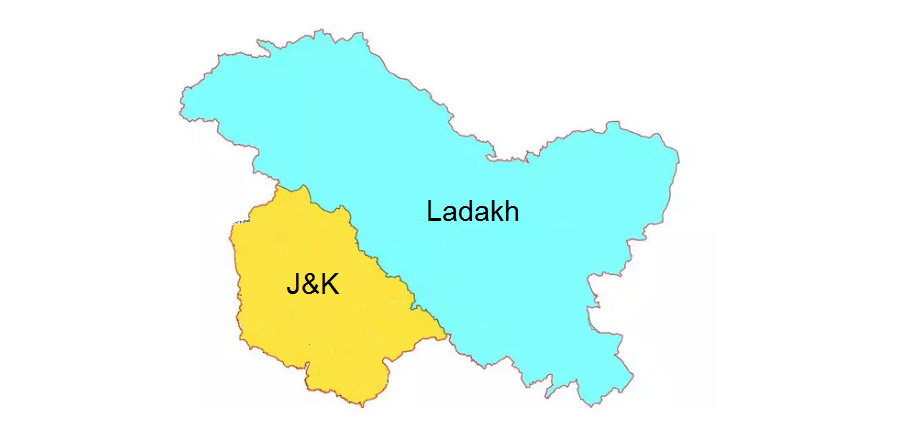
>>>>>>
Before & After 5th Aug- 2019
| Before | Now |
|---|---|
| Special powers exercised by J&K | No special powers now |
| Dual citizenship | Single citizenship |
| Separate flag for Jammu & Kashmir | Tri-colour will be the only flag |
| Article 360 (Financial Emergency) not applicable | Article 360 will be applicable |
| No reservation for minorities such as Hindus and Sikhs | Minorities will be eligible for 16% reservation |
| Indian citizens from other states cannot buy land or property in J&K | People from other states will now be able to purchase land or property in J&K |
| RTI not applicable | RTI will be applicable |
| Duration of Legislative Assembly for 6 years | Assembly duration in Union Territory of J&K will be 5 years |
| If a woman from J&K marries out of state, she would lose the citizenship of the state | If a woman marries out of state or country, she will still retain all her rights and Indian citizenship |
| Panchayats did not have any rights | Panchayats will have the same rights as in other states |
| Right to Education (RTE) was not applicable | Children in the state will benefit from RTE |
>>>>>>
article 370 section 35a jammu and kashmir of indian constitution
Features of J&K Constitution
- In Oct 1951, the Constituent Assembly of J&K was elected by the people of the state on the basis of adult franchise
- This sovereign body met for the first time on 31 Oct 1951
- It took about five years to complete its task
- Constitution of J&K was adopted on 17 Nov 1956, and came into force on 26 January 1957
- It declares the State of J&K to be an integral part of India.
- The state also includes the area of PoK
- Article 35A of the Indian Constitution empowers the J&K to define “permanent resident”
- It lays down that a citizen of India is treated as a ‘permanent resident’ of the state if on 14 May 1954
- He was a state subject of Class I or Class II, or
- Having lawfully acquired immovable property in the state
- He has been ordinarily resident in the state for 10 years prior to that date, or
- Any person who before 14 May, 1954 was a state subject of Class I or Class II and having migrated to Pakistan after 1 March 1947, returns to the state for resettlement
- Any change in the definition of ‘permanent’ can be made by the state legislature only.
- It provides for a bicameral legislature consisting of the legislative assembly and the legislative council.
- The assembly consists of 111 members directly elected by the people.
- Out of this, 24 seats are to remain vacant as they are allotted for PoK.
- It provides for Governor’s Rule.
- Failure of governmental function results in Governor’s rule
- It imposed by invoking Section 92 of the Constitution of J&K
- Governor, with the concurrence of the President of India, can assume to himself all the powers of the state government, except those of the high court.
- He can dissolve the assembly and dismiss the council of ministers.
- If it is not possible to revoke Governor’s rule within 6 months of imposition, the President’s Rule under Article 356 of the Indian Constitution is imposed
- It was imposed for the first time in 1977.
- J&K Constitutional amendment bill need to passed in each house of the state legislature by a majority of two-thirds of the total membership of that house.
- Such a bill must be introduced in the assembly only.
- However, no bill of constitutional amendment can be moved in either House if it seeks to change the relationship of the state with the Union of India.
- J&K Constitution declares Urdu as the official language
>>>>>>
article 370 section 35a jammu and kashmir of indian constitution
J&K Autonomy Resolution Rejected
- On June 26, 2000, in a historic move, the J&K Legislative Assembly adopted by voice vote
- A resolution accepting the report of the State Autonomy Committee
- It recommended greater autonomy to the State
- On July 14, 2000, the Union Cabinet rejected as unacceptable the June 26 autonomy resolution of the J&K Assembly
- The Cabinet found the June 26 resolution unacceptable because essentially it was a plea for restoration of the pre-1953 status to the state.
article 370 section 35a jammu and kashmir of indian constitution


